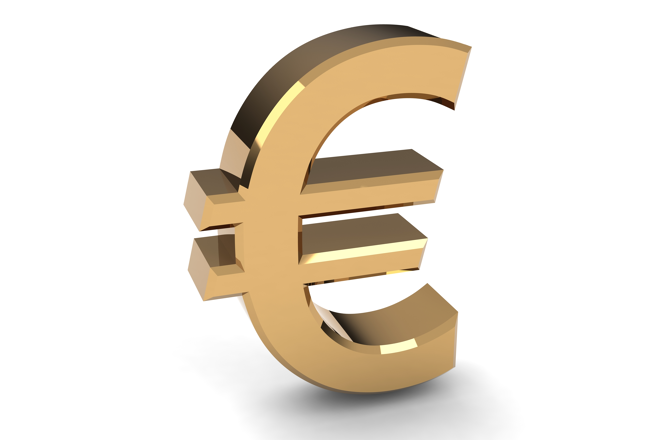Advertisement
Advertisement
Markit Study Reports Hike in Business Activity
By:
Euro area businesses are celebrating their fastest rates of activity in four and a half years, according to the latest Markit purchasing managers’ index
Euro area businesses are celebrating their fastest rates of activity in four and a half years, according to the latest Markit purchasing managers’ index (PMI).
The economics survey provider, revealed that their index rose from 53.9 in October to 54.4 for November, in their first flash estimate.
The main indicators of why businesses have seen an expansion of their output include new orders, and a growing backlog of work that needs to be completed.
Another positive aspect of the data, was that the economic improvements has been broadly based across several business sectors.
The service sector exhibited the largest amount of growth, where business grew by the fastest level since May 2011, and burgeoned from 54.1 to 54.6 between October and November.
This increased the employment in the sector, by the largest monthly gain in five years Market revealed.
Manufacturing output growth has also gathered pace, climbing to as three month high, and recorded the most significant increase on order books since April last year.
The PMI score for manufacturing was 52.8, a leap of 0.5 points from October.
As the demand environment has improved, factory employment has also spiralled upwards, as companies deal with raised capacity.
Germany and France Have Polar Opposite Figures in Survey
Growth in the German economy accelerated to the largest high in three months, which Markit said was fuelled by the a the best monthly improvement in gaining new business for two years.
The report also said that gains that were made in the service sector, were offset by a slowing down in manufacturing.
Although there was increased employment figures for both sectors, this resulted in the biggest gain in unemployment in nearly four years.
This conclusion was reached, despite official figures that only revealed a moderate third quarter growth in the economy of 0.3%, that was released last week.
In contrast, there was far less for France to be positive about, as weak data was reported for their economy.
Business activity rose by its slowest rate for three months, which was largely a reflection of poor service sector growth. Despite a slightly faster rise in new orders, manufacturing output also slowed down in France.
Expansion Comes Outside of Biggest Euro Area Economies
Interestingly, Markit found that the largest business activity rises were to be found outside of Germany and France, traditionally the two most influential economies in the euro area.
Since the 2008 financial crises, the survey found the second steepest rise in output from the remaining 17 countries in the currency bloc.
Employment levels outside of France and Germany, also increased by the joint-largest gain since July 2007.
Despite this upturn, ongoing deflationary patterns were also found. Average prices for goods and services both fell, albeit marginally, at a rate that is unchanged from October.
Input costs also barely rose, which was mostly linked to the continuing fall in energy prices.
Euro Comes Back Against the US Dollar
After falling to its lowest figure in a month against the US dollar yesterday, the euro has enjoyed a recovery by jumping up to $1.066 in the early hours of this morning GMT. This was before being pulled down slightly to $1.064.
The euro has bounced back, as the US economy has received some negative data, with a fall in home re-sales reported for October.
Markit’s PMI index for the US was in contrast to the favourable figures for the euro area, as the PMI in the manufacturing sector disclosed the weakest figures for 25 months.
Compared to the pound, the euro has steadily climbed to a peak £0.705 mid way through this morning GMT. This was after the euro hit a 24 hour nadir of approaching the £0.699 mark yesterday morning.
About the Author
Peter Tabernerauthor
Advertisement
